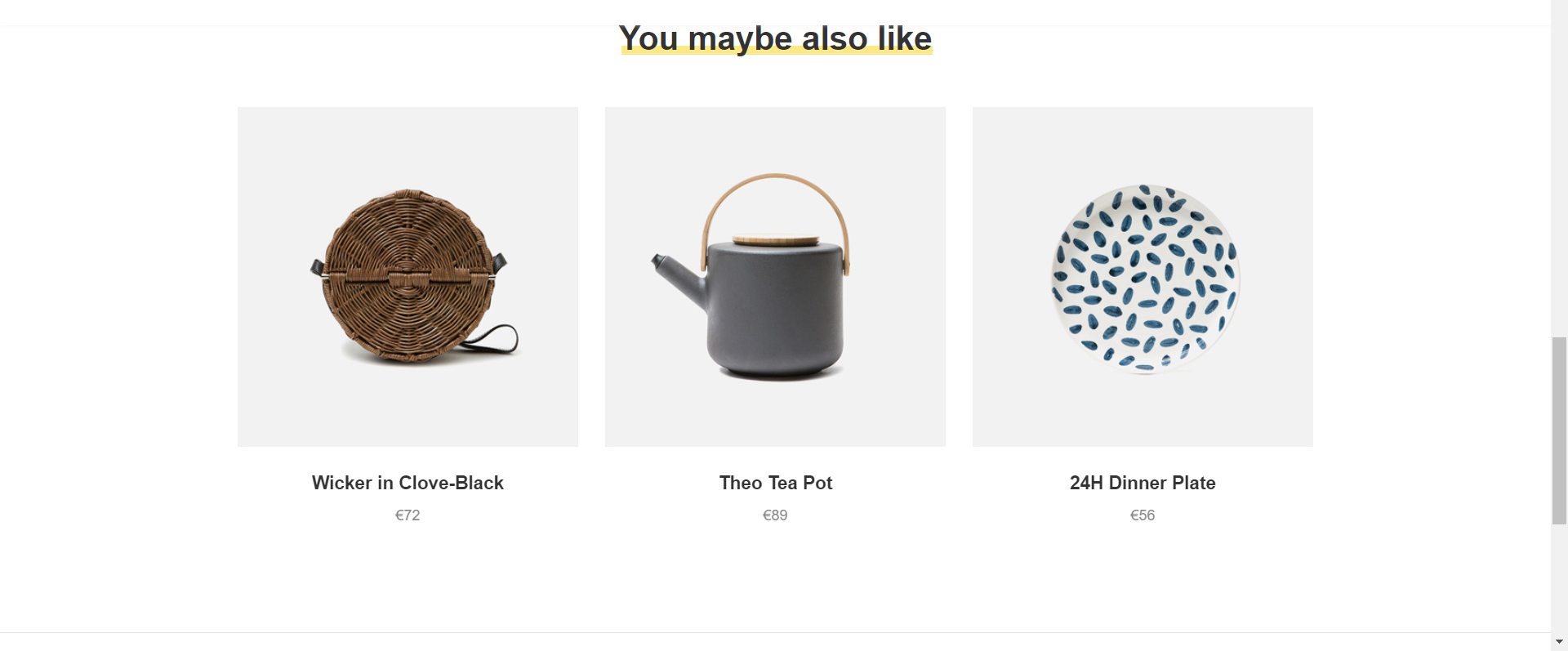


ECOMMERCE SYSTEM
An e-commerce website is an online platform that enables businesses to sell products or services over the internet. It serves as a virtual storefront where customers can browse products, make purchases, and complete transactions online. Here's a short summary of an e-commerce website:
An e-commerce website provides a digital platform for businesses to showcase and sell their products or services to a wide audience. It offers a range of features and functionalities designed to create a seamless and secure online shopping experience.
Key components and features of an e-commerce website include:
1. Product Catalog: The website displays a catalog of products or services, organized into categories and subcategories. Each product typically has its own page with detailed descriptions, specifications, pricing, and images.
2. Shopping Cart: Users can add desired products to a virtual shopping cart as they browse the website. The shopping cart keeps track of selected items and allows users to review, modify, or remove products before proceeding to checkout.
3. Secure Payment Processing: E-commerce websites integrate with secure payment gateways to facilitate online transactions. Customers can choose from various payment methods, such as credit cards, debit cards, digital wallets, or bank transfers, ensuring secure and convenient payment processing.
4. Order Management: The website includes an order management system that allows businesses to track and manage customer orders. It provides functionalities for order processing, invoicing, shipping, and order status updates.
5. Customer Accounts: Users can create accounts on the website, which provide personalized experiences and enable features like order history, saved payment methods, wish lists, and customer support communication.
6. Search Functionality: E-commerce websites often include a search bar that allows users to quickly find specific products or filter results based on criteria such as price, brand, or category.
7. Mobile Responsiveness: E-commerce websites are designed to be mobile-friendly, ensuring a seamless shopping experience across devices such as smartphones and tablets.
8. Reviews and Ratings: Customers can provide feedback on products or services through reviews and ratings, helping other users make informed purchasing decisions.
9. Marketing and Promotions: E-commerce websites may include features for running promotions, discounts, or loyalty programs. They often integrate with email marketing tools, social media platforms, and analytics to drive customer engagement and sales.
An e-commerce website enables businesses to expand their reach, engage with customers globally, and generate sales 24/7. It provides convenience, flexibility, and accessibility to both businesses and customers, making it a vital component of modern retail and commerce.
-
CLIENT
Client From AfricaDATE
Mar 15, 2023SKILLS
React JS, PHP, PostgreSQL

